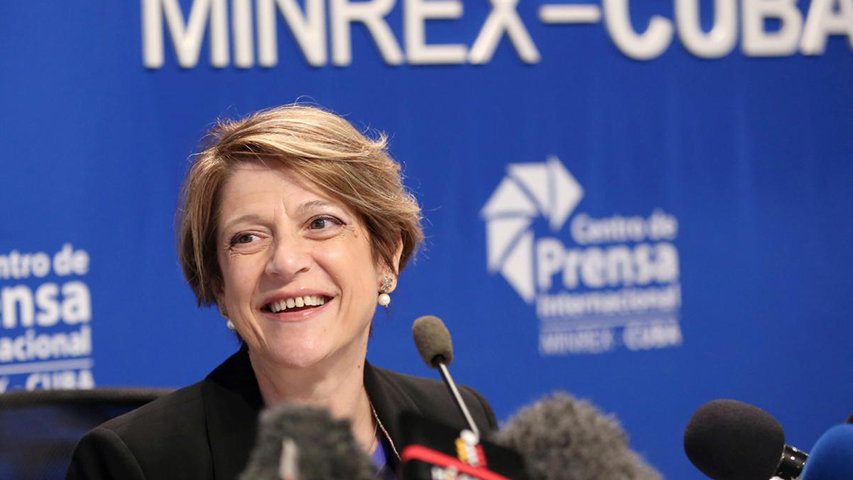_thedailyeye-853X543.jpg)
‘New Anti-Trafficking Bill unjust to Victims’: UN Experts
by Yash Saboo August 17 2018, 5:30 pm Estimated Reading Time: 2 mins, 52 secsIndia's first comprehensive anti-trafficking bill was passed in the Lok Sabha on Thursday, 26th July 2018. The Trafficking of Persons (Prevention, Protection and Rehabilitation) Bill, 2018, was introduced by Women and Child Development Minister Menaka Gandhi. The Cabinet approved the bill in February.
The Bill lays down a stringent punishment of 10 years to life imprisonment for aggravated forms of trafficking, which include buying or selling of persons for the purpose of bonded labour, bearing a child, as well as those where chemical substances or hormones are administered, and a survivor acquires life-threatening illnesses such as AIDS, reported The Hindu.
While the bill was hailed by many, it was also criticised by activists on the ground that it violated the rights of sex workers and threatened free speech and labour rights.

Maria Grazia Giammarinaro, Special Rapporteur on trafficking in persons
On the other hand, the bill is considered as a "grave concern" by United Nations Expert Maria Grazia Giammarinaro, Special Rapporteur on trafficking in persons, and Urmila Boola, Special Rapporteur on contemporary forms of slavery.
“Its focus on addressing trafficking from a criminal law perspective is not sufficiently complemented by a human rights-based and victim-centred approach,” they said in a statement, flagging that this risks further harming already vulnerable individuals.
As reported by UN News, the experts explained that the bill over-emphasizes the criminal response, including the promotion of “rescue raids” by the police and the institutionalization of victims in the name of rehabilitation, not giving due consideration to their rights and needs, especially in terms of protection.
There are other problematic aspects also. According to the experts, “over-broad and vague nature” of some of the bill’s provisions, could lead to the blanket criminalisation of activities that do not necessarily relate to trafficking.
“The development of an appropriate legal framework that is consistent with relevant human rights standards is key not only to ensure that victims are identified, assisted and referred to appropriate protection services, but also to guarantee more effective investigation and prosecution of perpetrators,” the statement read.
The experts advocate for the application of “appropriate screening methods and standard operating procedures for the identification and referral of victims or potential victims of trafficking and social integration programs which are respectful of their rights.”
They also expressed concerns as the proposed law seems to conflate trafficking with the smuggling of migrants.
“This may lead to the criminalisation of all irregular migrants, including victims or potential victims of trafficking, who, because of a lack of safe, orderly and regular migration channels, are forced into the hands of smugglers or traffickers,” the Special Rapporteurs stressed, pointing out that such treatment was in contrast with current international efforts, including the Global Compact on Migration, which aims at addressing protection gaps for vulnerable migrants.
The Bill has also been criticised for not being in accordance with the recommendation of the Human Rights Council of the UN. Recommended Principles and Guidelines on Human Rights and Human Trafficking highlights care for the victims of trafficking.
“We urge the Indian Parliament to revise the Bill in accordance with human rights law, including the Recommended Principles and Guidelines on Principles and Guidelines on Human Rights and Human Trafficking of the Office of the High Commissioner of Human Rights, in consultation with civil society organisations, UN agencies and other relevant partners,” the experts emphasised.





-173X130.jpg)
-173X130.jpg)
-173X130.jpg)
-173X130.jpg)

_(7)-173X130.jpg)
-173X130.jpg)